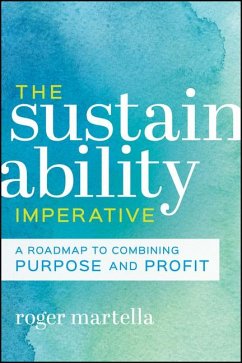
Environmental Innovation and EcoDesign
Certainties and Controversies
Versandkostenfrei!
Versandfertig in über 4 Wochen
159,99 €
inkl. MwSt.
Weitere Ausgaben:

PAYBACK Punkte
80 °P sammeln!
The end of the post-war economic boom was marked by the recognition of the environmental problem with the oil crises of the 1970s and, in 1972, the first major UN conference devoted to the human environment. Successive international meetings have resulted in a context where technical change, innovation and industry have assumed a central place in the creation of a new model of society. Against this consensus, the author demonstrates from economic analysis and wide-ranging examples that the environmental innovation doctrine and ecodesign methods remain fragile and can lead to paradoxical result...
The end of the post-war economic boom was marked by the recognition of the environmental problem with the oil crises of the 1970s and, in 1972, the first major UN conference devoted to the human environment. Successive international meetings have resulted in a context where technical change, innovation and industry have assumed a central place in the creation of a new model of society. Against this consensus, the author demonstrates from economic analysis and wide-ranging examples that the environmental innovation doctrine and ecodesign methods remain fragile and can lead to paradoxical results.













